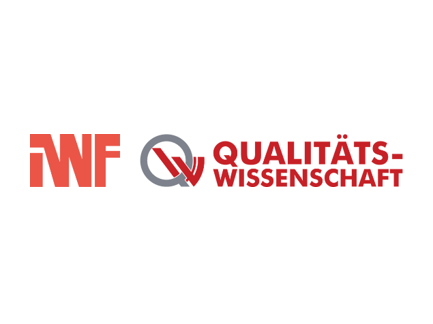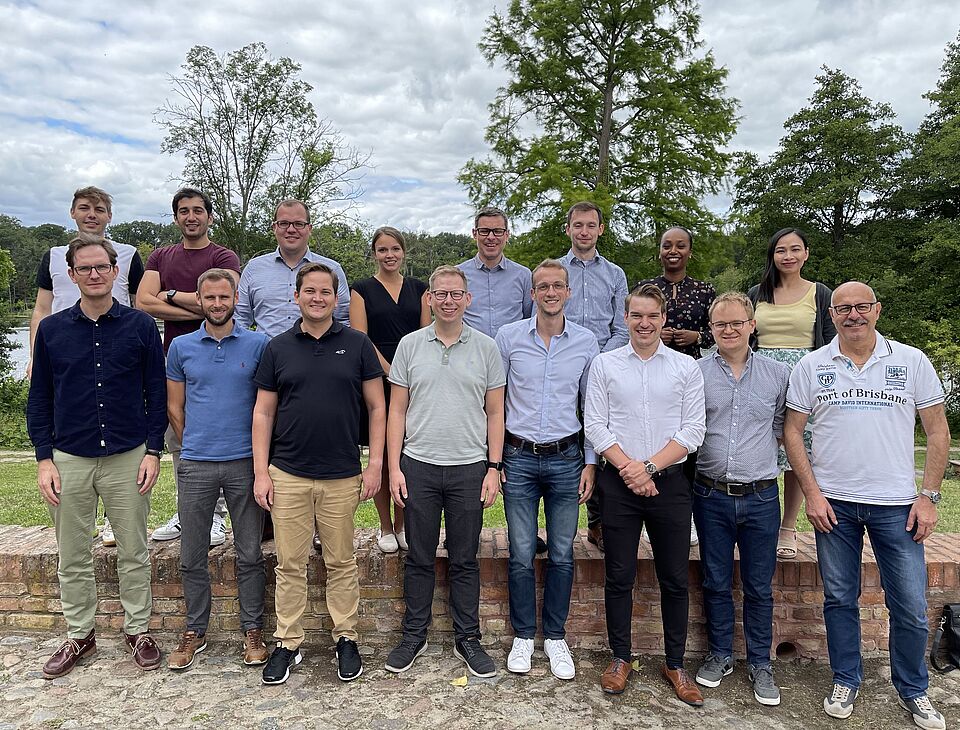 © Jacob Lund
© Jacob Lund
Das Fachgebiet Qualitätswissenschaft entwickelt innovative Konzepte, Methoden und Organisationsansätze zur durchgängigen, integrierten Bewertung und Gestaltung von Q-prozessen und QM-Systemen. Neben der Forschung steht das Fachgebiet für die praxisorientierte Ausbildung von Studierenden im Rahmen von Lehrveranstaltungen sowie wissenschaftlichen Arbeiten ergänzt durch ein umfangreiches Bildungsangebot für Industrie- und Dienstleistungsunternehmen.


 © The KonG
© The KonG
 © The KonG
© The KonG

